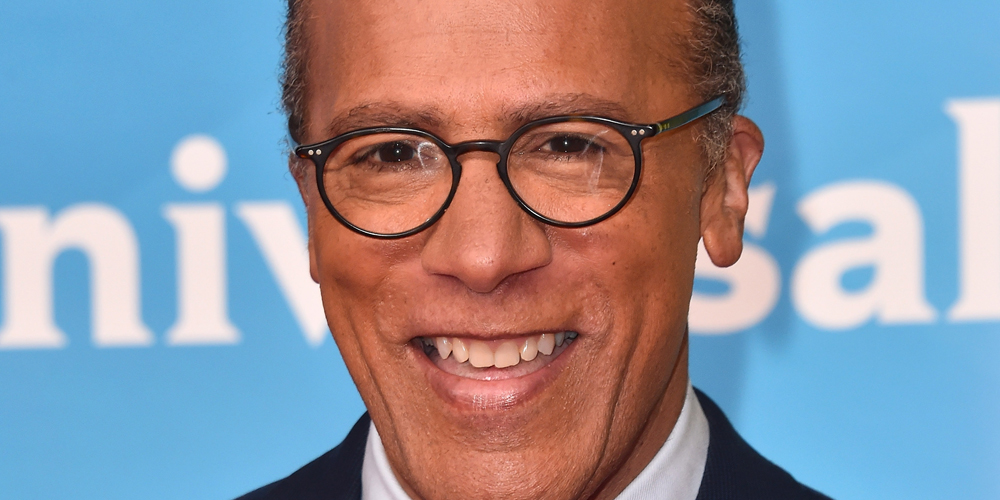ARTICLE AD
The boss of the UK Cinema Association (UKCA) has said that British cinemagoers are not being fed enough quality local movies to get them back to movie theaters with the frequency of the pre-Covid era.
According to Phil Clapp, most pre-Covid cinemagoers are now happy to check out movies at their local theater from time to time, but frequency is the issue. If an average person was going to the cinema six times per year before the pandemic, Clapp floated the notion that they would now be going three to four times.
He placed the blame on a lack of quality local fare amidst a tough time for indie cinema.
“This is because there is nothing we’re putting in front of [cinemagoers] that encourages them to get out,” Clapp told the opening day of the British Film and High-End Television inquiry. “There are cost of living issues within that and people have less money to spend but primarily when we do surveys people are saying ‘there was nothing on in my local cinema that I wanted to see’.”
In 2015, 33 British indie films made £1M ($1.27M)-plus at the box office but this figure declined sharply to just 11 last year, according to additional figures quoted by Clapp.
While the UK has remained in the top six countries in terms of box office in both the pre and post-Covid eras, Clapp stressed that “the difference between a good year and a very good year is not the performance of one or two major U.S. titles, it is the performance of everything else.”
“That is true in terms of maintaining a cinemagoing habit but also in terms of drawing in audiences who might not like big superhero or action films,” added Clapp. “That part of the market has not recovered since Covid. The gap between where we were then and where we are now, well, a significant part of that is not the strikes or what is happening with the U.S. studios, it is that [lack of] more diverse content.”
Clapp said cinema chains’ “imperative is to make money” since the Covid era, which he said led to the industry being hit to the tune of around £2B. “It is difficult for cinemas to make the choice of going for a film that may be successful down the line over one that is going to be successful now,” he added.
Strike impact
Rather than proving a boon for the local UK industry due to a lack of U.S. movies, Clapp said the strikes had delayed the recovery of the UK sector by around 12 months.
Speaking alongside him, John McVay, the head of producer trade body Pact, said the strike had simply spotlighted British TV and film workers’ reliance on the U.S.
“A lot of these workers were mobile and had grown up working on U.S. movies,” he added. “They hadn’t had a chance to work with domestic production. You have got to give them [local] places of employment for this to happen.”
Several months ago, Pact lambasted the UK government for “missing an opportunity to remedy a clear market failure” after refusing to take up the body’s call to increase tax relief on lower-budget films of £1M-£15M to 40%.
The British film and high-end TV inquiry, which is being conducted by the UK’s Culture, Media & Sport Committee, will look at issues such as financing, tax credits and diversity. Earlier today, Bend it Like Beckham director Gurinder Chadha used her session to reveal she is struggling to finance a new indie movie about an Indian Scrooge set in London, which is being part-financed by Zygi Kamasa’s True Brit.

.png) 1 year ago
64
1 year ago
64 

